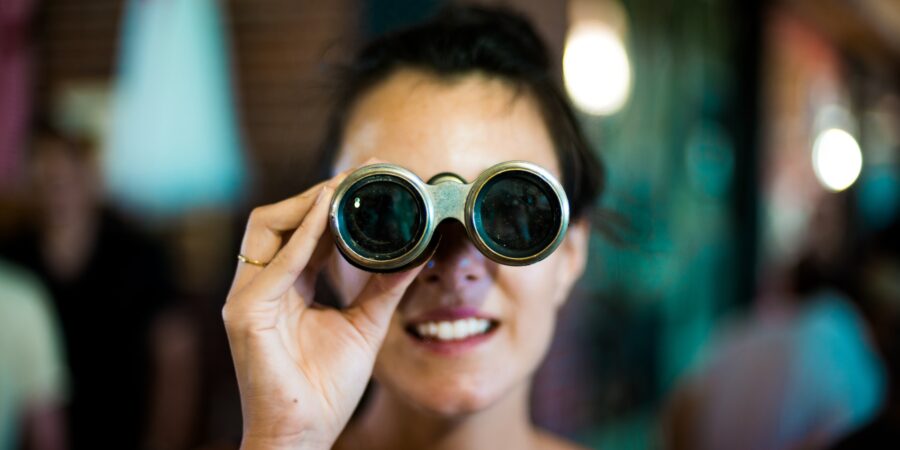{Radio} This is why reality TV is future proof
schadenfreude
/ˈʃɑːd(ə)nˌfrɔɪdə,German ˈʃɑːdənˌfrɔydə/Learn to pronounce noun
- pleasure derived by someone from another person’s misfortune.
is a big part of why reality TV works so well.
But wait there’s more.
Reality TV’s history is deeply rooted in our innate desire to peer over a fence and voyeuristically see into other people’s lives.
As a television genre it began with Candid Camera in 1948 and continues through to today and according to Realitytvworld.com more than 600 different reality shows have made it on to our TV’s and streaming devices.
Add in to that the growth worldwide of streaming services all starving for content and the rough rule of thumb that for every 1 scripted show you can produce 30 unscripted reality TV shows and right there are all the elements of why reality TV shows are set for a bright future – proven audience, cheap and quick to produce, opportunistic and voyeuristic.
From a futurist’s stand point, apart from the emerging AR, VR, MR, hologram and lots of other technology’s we might soon watch on and use, the increasingly huge uptake and change of media diet provides great clues of future popular cultural, opinions, desires, thinking, voting, social acceptance, shared norms and so much more – what we feed our brain and surround ourselves with, has to influence how we think, respond and act.
LGBTQA+ is a great example of reality TV showing, normalising and championing a part of our world, that mainstream TV, movies and media were afraid or unable to.
On the negative side of reality TV – Kim Kardashian – but who am I to judge, that’s what reality TVs is for.
In this week’s on-air chat Hong Kong Radio 3’s Phil Whelan, James Ross and I chat about all things reality tv, the good, the bad and the future and why we can’t get enough of peering over neighbours fences.
PS If you want to apply to be on any of Netflix’s reality TV show click here to see how.
Listen live (17 minutes 47 secnds):


